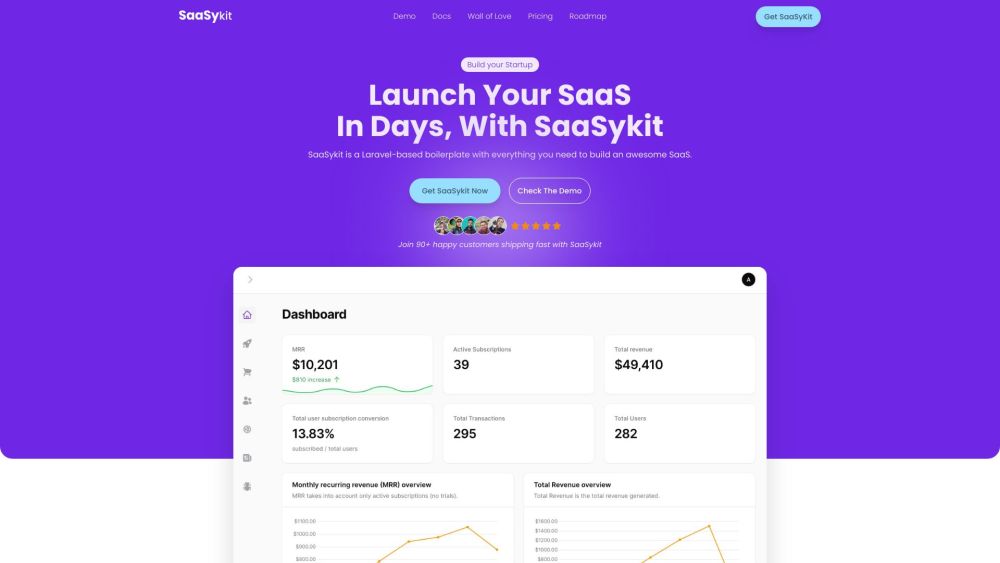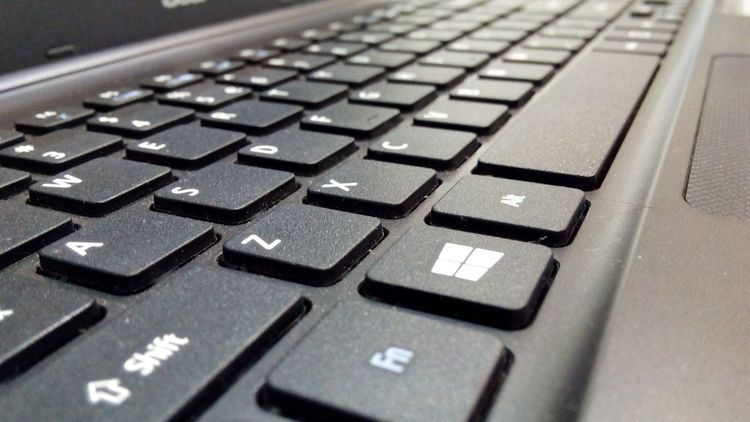Researchers Develop AI That Plays Chess Like a Human, Not Just a Supercomputer
Most people like

In today's fast-paced digital landscape, accelerating Software as a Service (SaaS) development is crucial for businesses aiming to stay competitive. With the right strategies and tools, organizations can streamline their development processes, enhance collaboration, and deliver innovative software solutions more swiftly. This guide explores effective techniques for speeding up SaaS development, ensuring you can meet rising customer demands and achieve your business goals faster than ever. Discover how to optimize your development lifecycle and drive growth in the SaaS industry.

SolidPoint enables users to save time by transforming lengthy videos into concise, informative summaries. This innovative tool streamlines content consumption, making it easier to grasp key insights quickly.

Effortlessly create, launch, and share high-quality content in just minutes with Distribute. Experience streamlined content distribution that elevates your marketing strategy and maximizes engagement.

Transform your video content with our cutting-edge AI video creation platform, designed for captivating and engaging visuals. Harness the power of artificial intelligence to produce high-quality videos that resonate with your audience and elevate your brand. Whether you’re a marketer, educator, or content creator, our platform streamlines the video-making process, ensuring impactful storytelling at your fingertips.
Find AI tools in YBX

